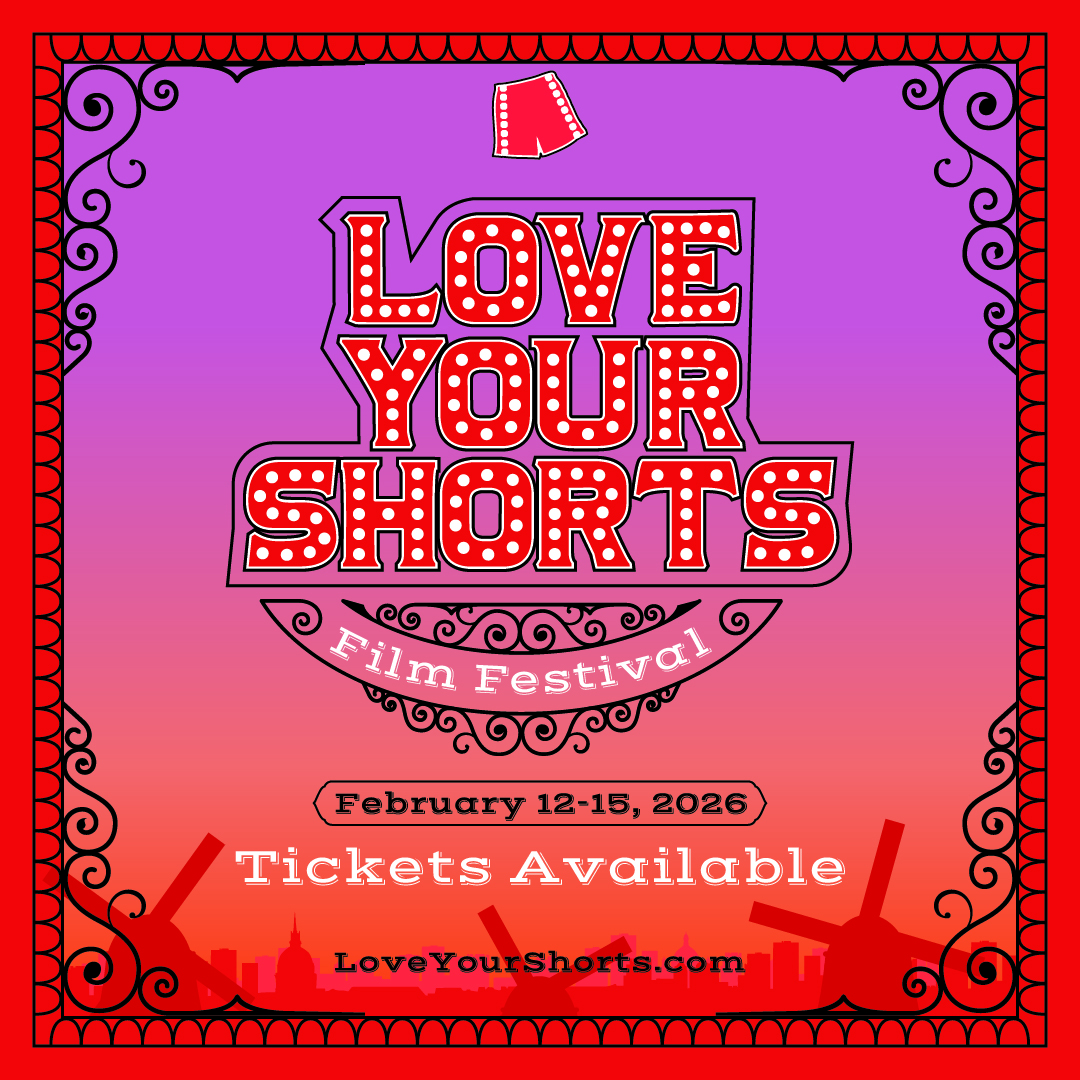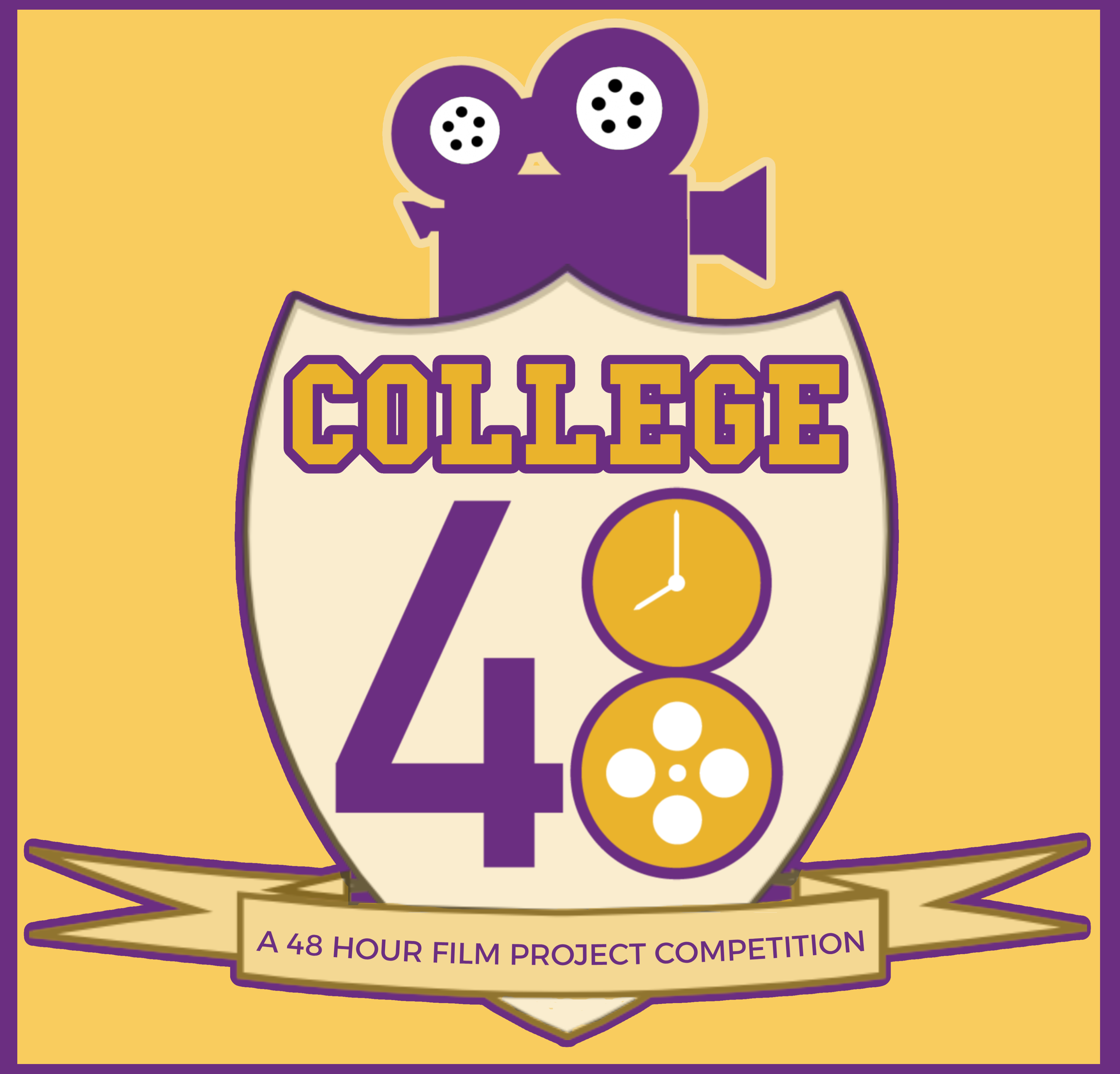Australia 11
Listen to Australia 11, a 67-year-old woman from Wallaroo, South Australia. Click or tap the triangle-shaped play button to hear the subject.
Both as a courtesy and to comply with copyright law, please remember to credit IDEA for direct or indirect use of samples. IDEA is a free resource; please consider supporting us.
BIOGRAPHICAL INFORMATION
AGE: 67
DATE OF BIRTH (DD/MM/YYYY): 1934
PLACE OF BIRTH: Wallaroo, Australia, 100 miles from Adelaide
GENDER: female
ETHNICITY: Caucasian
OCCUPATION: bed-and-breakfast manager
EDUCATION: N/A
AREA(S) OF RESIDENCE OUTSIDE REPRESENTATIVE REGION FOR LONGER THAN SIX MONTHS:
Subject had spent three months of each year for 25 years running a bed-and-breakfast home in Somerset, England.
OTHER INFLUENCES ON SPEECH:
Subject’s husband was born in England.
The text used in our recordings of scripted speech can be found by clicking here.
RECORDED BY: Paul Meier
DATE OF RECORDING (DD/MM/YYYY): 2001
PHONETIC TRANSCRIPTION OF SCRIPTED SPEECH: N/A
TRANSCRIBED BY: N/A
DATE OF TRANSCRIPTION (DD/MM/YYYY): N/A
ORTHOGRAPHIC TRANSCRIPTION OF UNSCRIPTED SPEECH:
Um, I was born in Wallaroo, a little place in Australia, hundred miles from Adelaide. It’s a seaport and a rural area. I was a fam-, I came from a family of nine. My father used to, um, [long pause] wander around the country with a pack on his back in the old days, before he got married. And he met my mother and, uh, ended up in Wallaroo. He went all over the country with his backpack. And, I got, had five sisters and four brothers. And, uh, two got killed in the second World War. Um, Ridge, this … in Wallaroo the ships come in and-and take grain out, uh, for overseas countries and my husband, Ridge, came in when I was a teenager and we met and, um, he came back to England and then he, then he came out on a ten pound immigration thi-, yeah. And, uh, from then on I started coming over to England and we’ve been coming over for twenty-five years. Yeah, I was born in Wallaroo, uh, which is a little town, as I said, hundred miles from Adelaide. My sisters and all were brought up there in, uh-uh, in the Depression and I was the youngest of nine. And, um, pretty bad times. Uh, it, it is a mining area where, where the w-, um, it’s called Little Cornwall actually, and we have a Korne-Kernewek Lender-Lorender every year — Lowender — and, uh, all the, uh, English people from down south come out and do all the English bits over there. And actually Wallaroo saved South Australia from, um, bankruptcy during the Depression ‘cause we were mining and smelting and, uh … and it’s very quiet there. It’s a very, very small population, wasn’t very many of us. But there was Wallaroo, Kadina and Moonta, which were the three towns and they all, one was a mining town, one was a smelters and the other was the rural-rural side of it. And, uh, that’s where I grew up.
TRANSCRIBED BY: Lynn Baker
DATE OF TRANSCRIPTION (DD/MM/YYYY): 21/03/2008
PHONETIC TRANSCRIPTION OF UNSCRIPTED SPEECH: N/A
TRANSCRIBED BY: N/A
DATE OF TRANSCRIPTION (DD/MM/YYYY): N/A
SCHOLARLY COMMENTARY:
The listener should listen to the signature sounds of her dialect as expressed through the following words: you, Duke, goose, lunatic, Walleroo; nurse, her, confirmed; private, liking; face, name, bathe; goat, owner, and stroke. Listen also for the neutralization of the unstressed vowel in words like jacket, pocket, etc. In her narrative, she describes meeting her husband when they were both teenagers, and he had just emigrated under the “ten-pound scheme.”
COMMENTARY BY: Paul Meier
DATE OF COMMENTARY (DD/MM/YYYY): 2001
The archive provides:
- Recordings of accent/dialect speakers from the region you select.
- Text of the speakers’ biographical details.
- Scholarly commentary and analysis in some cases.
- In most cases, an orthographic transcription of the speakers’ unscripted speech. In a small number of cases, you will also find a narrow phonetic transcription of the sample (see Phonetic Transcriptions for a complete list). The recordings average four minutes in length and feature both the reading of one of two standard passages, and some unscripted speech. The two passages are Comma Gets a Cure (currently our standard passage) and The Rainbow Passage (used in our earliest recordings).
For instructional materials or coaching in the accents and dialects represented here, please go to Other Dialect Services.
 IDEA: International Dialects of English Archive
IDEA: International Dialects of English Archive





